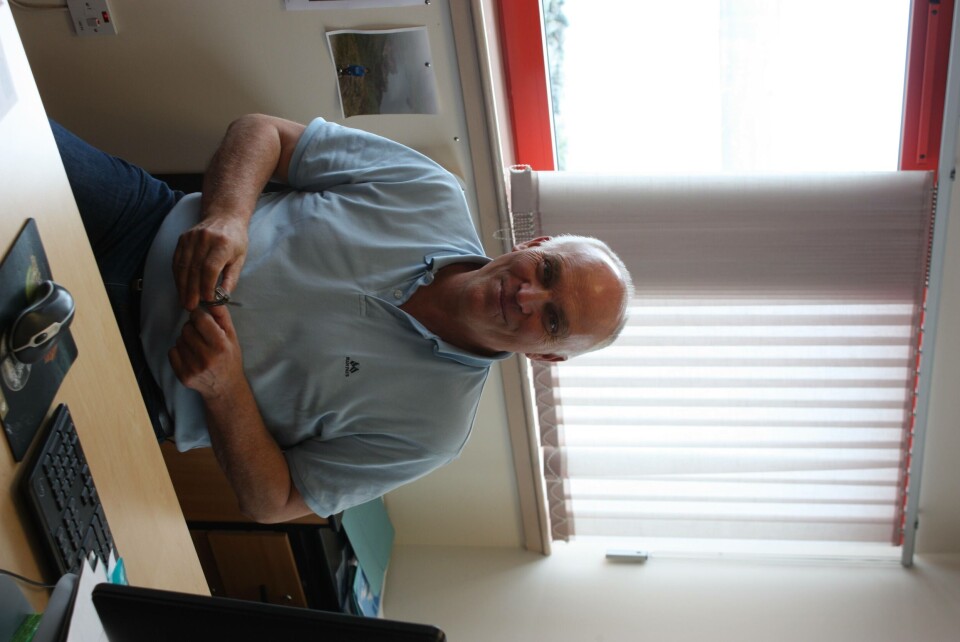
Grieg to battle algal Armageddon
Talk of “restructuring” prompted by a poor end to 2015 for Grieg Seafood Shetland (GSS) may have resulted in the loss of 25 jobs, but the parent company remains committed to its operations in the archipelago.
The main reason for the loss of jobs was the presence of severe algal blooms, which arrived on the west coast of Shetland in August and remained for several months, forcing the company to harvest one and a half million fish before they reached market size.
As managing director Sigurd Pettersen told Fish Farming Expert: “Everything was going perfect until 14th August, when two massive algal blooms arrived on the west coast – and our operations went from looking brilliant to disastrous overnight. Once the blooms arrived on the islands they stayed for two and a half months, at densities of 400 cells per litre. It meant we were unable to treat the fish for lice without causing massive mortalities, so we had to harvest a lot of fish prematurely. As a result, we have decided to mothball three of the worst performing sites, which has led to voluntary redundancies.”
Sigurd intends, however, to have systems in place to avoid a repeat of the algal Armageddon – both shortening the production cycle and by having systems in place to disperse any future blooms.
“Our sister company in BC, where algal blooms have long been a problem, has good experience of using artificial air curtains to cause upwelling in the cages to disperse the algae. And we can also use skirts with air bubbles. We’re going to trial these methods at a site in Shetland this summer – it’s a hassle and requires lots of generators, but we’ve got to do something to protect our fish. Closed containment systems are too far ahead,” he explains.
“And if it works in Shetland we can try it elsewhere, and it might mean that we’re able to restock our sites in the Minch, which have been fallow since the algal outbreaks in 2014,” adds the Norwegian.
However, due to the number of fish harvested prematurely in the second half of 2015, harvest volumes in the first half of 2016 will be considerably lower than normal.
“We harvested 1.5 million fish early last year,” Sigurd reflects, “which means there will be very few fish to harvest in the first half of this year, which is why we’ve had to lose some jobs in processing too.”
On more positive note, the company has recently received planning permission for two new sites on Skye – one in Loch Snizort and one near Uig – both of which will have consent to produce roughly 2000 tonnes. The former, says Sigurd, will hopefully be stocked in 2017 and the latter the following year, leading to the company recruiting once more.























































